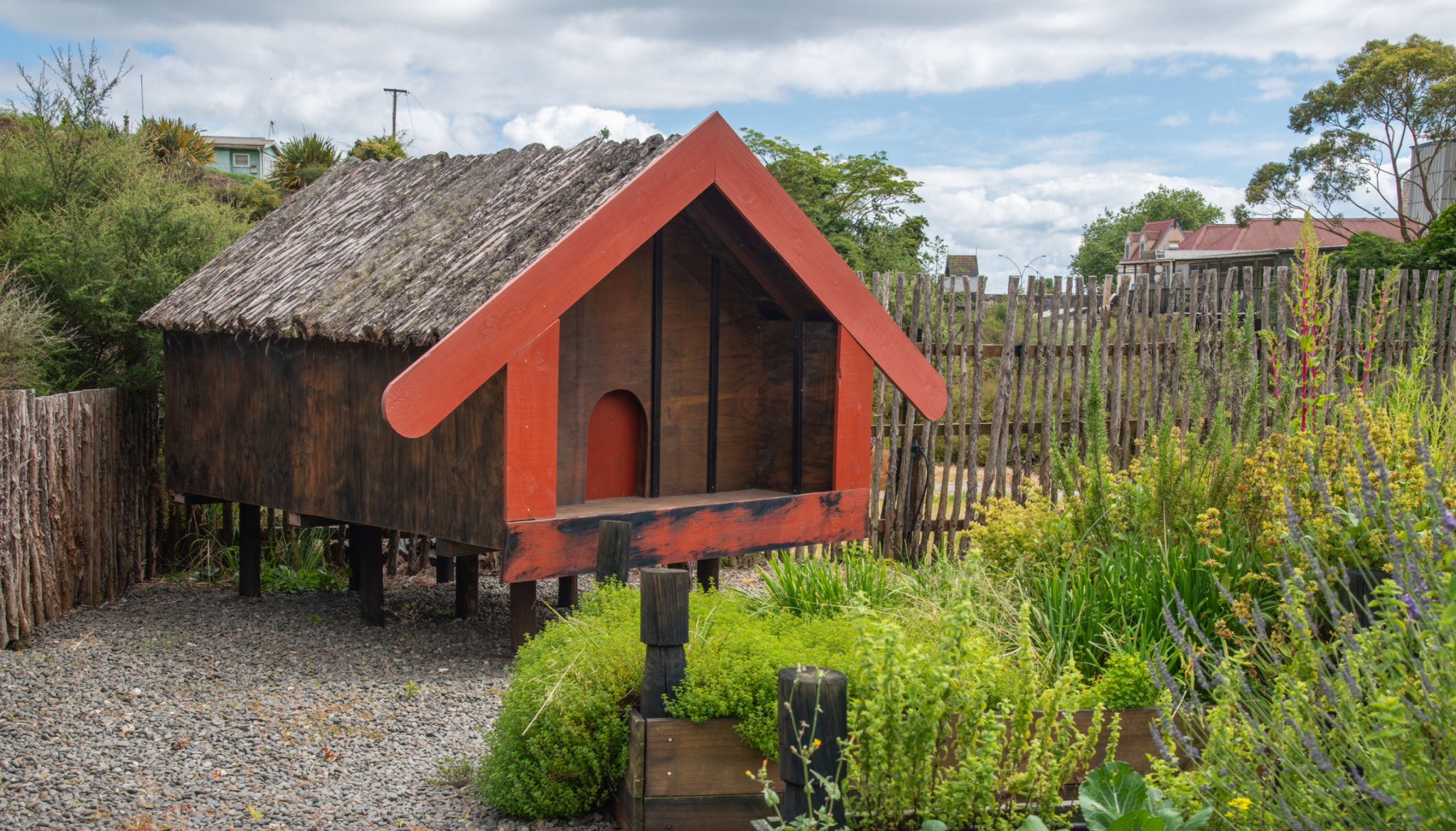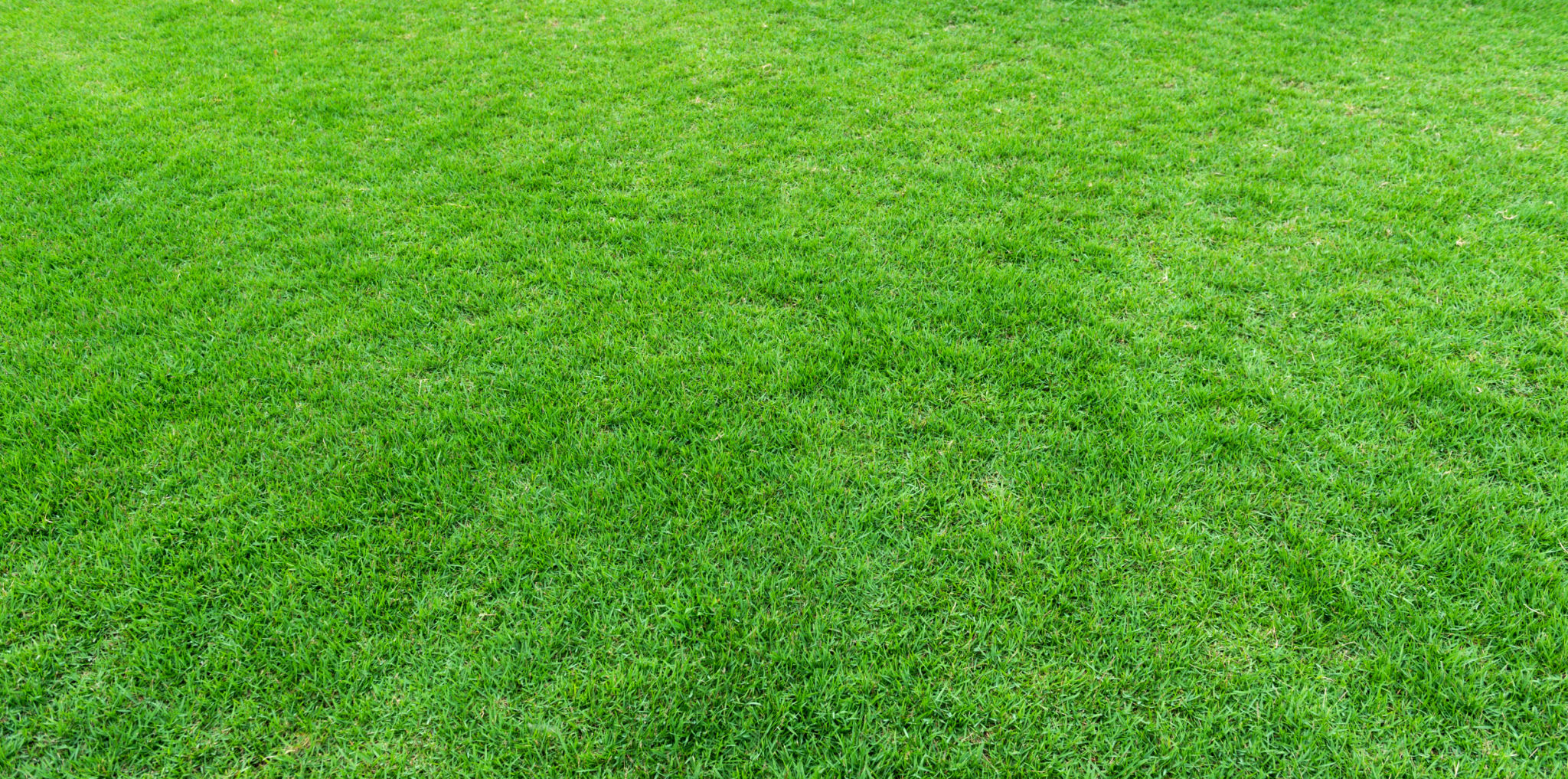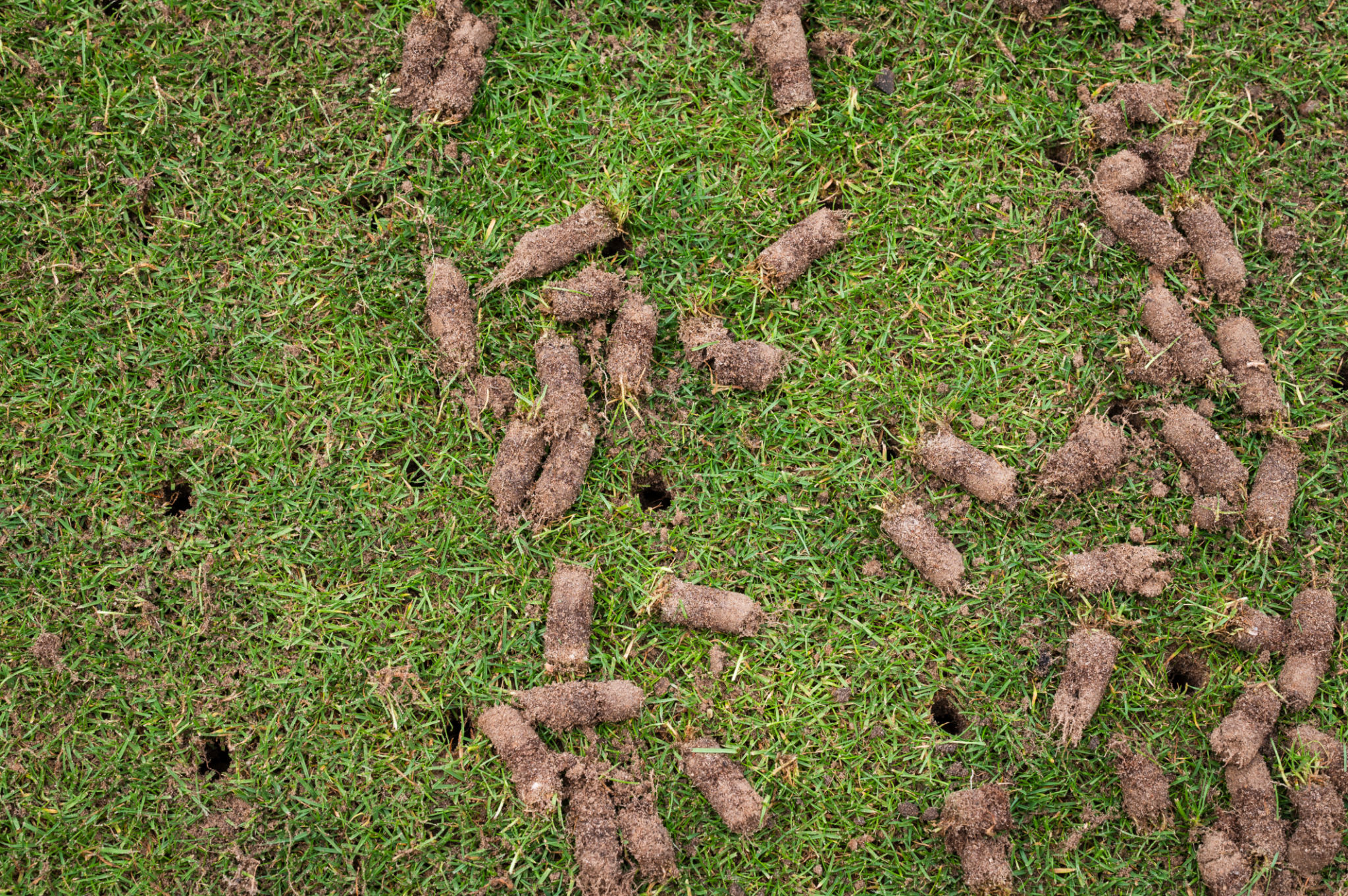Top Lawn Care Tips for Hamilton Homeowners: Keep Your Yard Healthy
HS
Maintaining a lush, green lawn in Hamilton can be a rewarding experience, but it requires some know-how and dedication. The climate and soil conditions in this region make it essential for homeowners to tailor their lawn care practices accordingly. Here are some top tips to keep your yard healthy and thriving.
Understanding Hamilton's Climate and Soil
The unique climate and soil composition of Hamilton play a crucial role in how you care for your lawn. The city experiences a humid continental climate, which means hot summers and cold winters are typical.
Before diving into lawn care, it's important to understand the type of soil in your yard. Most Hamilton lawns have clay or loamy soils, which affect water retention and nutrient absorption. Conducting a soil test can provide valuable insights into its pH levels and nutrient content, helping you make informed decisions about fertilization and other treatments.

Watering Wisely
Proper watering is essential for maintaining a healthy lawn. Overwatering can lead to shallow root systems and fungal diseases, while underwatering can cause grass to become brown and brittle.
Water your lawn early in the morning, preferably before 10 a.m., to minimize evaporation and ensure that the soil absorbs the moisture effectively. Aim to provide about one inch of water per week, either from rainfall or supplemental irrigation.
Mowing Tips for a Greener Lawn
Mowing is more than just keeping your grass short; it's about promoting growth and health. Set your mower blade to a height of about 3 inches, as this allows the grass to develop deep roots and outcompete weeds.
Additionally, make sure your mower blades are sharp. Dull blades can tear the grass, leading to stress and increased susceptibility to disease. Regularly alternate your mowing pattern to prevent soil compaction and allow grass to grow upright.

Fertilization and Weed Control
A balanced fertilization plan can make a significant difference in the health of your lawn. In Hamilton, it's best to apply fertilizer in early spring and late fall to support growth cycles and prepare the grass for seasonal changes.
When it comes to weed control, consider using both pre-emergent and post-emergent herbicides. Pre-emergent products prevent weed seeds from germinating, while post-emergent solutions tackle existing weeds.
Aeration and Overseeding
If your lawn shows signs of compaction or thinning, aeration can be beneficial. Aerating involves perforating the soil with small holes to allow air, water, and nutrients to penetrate the grass roots. This process promotes stronger root systems and reduces soil compaction.
After aeration, consider overseeding to introduce new grass varieties that enhance your lawn's resilience. Select seed blends that are suitable for Hamilton's climate and your specific lawn conditions.

Pest Management
Pests like grubs and chinch bugs can wreak havoc on your lawn if left unchecked. Regularly inspect your yard for signs of infestation, such as brown patches or increased bird activity, which often indicates grub presence.
Implementing integrated pest management strategies can help minimize damage. This might include introducing beneficial insects, using targeted pesticides, or adjusting your lawn care practices to make the environment less hospitable to pests.
By following these expert tips, Hamilton homeowners can enjoy a vibrant, healthy lawn that enhances their property's curb appeal. Remember that patience and consistency are key; with time and effort, your yard will flourish.